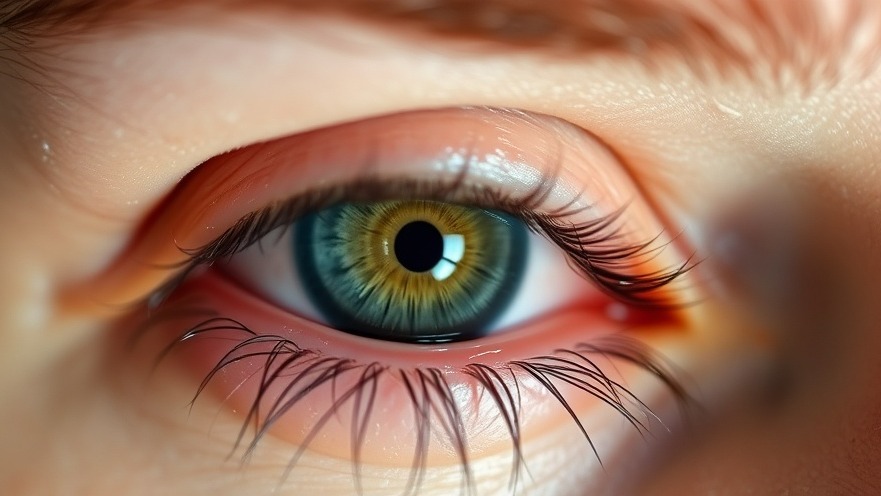
Understanding Bioidentical Hormone Pellet Therapy for Menopause
As the menopause journey begins, many women encounter a range of distressing symptoms that can significantly impact their quality of life. The need for effective hormone replacement therapy (HRT) has never been more critical, yet confusion and misinformation about these treatments often prevent access to the care women need. Bioidentical hormone pellet therapy stands out as a promising solution, but awareness and education around its benefits are essential for improving patient outcomes.
The Risks of Ignoring Menopausal Symptoms
Statistics reveal a concerning trend: only a small percentage of women who could benefit from personalized menopause treatments are receiving them. The AARP report highlights that women's mortality rates rise due to the overlooked health risks associated with menopause, particularly the withdrawal of estrogen. A staggering study from 2013 noted that over 50,000 women lost their lives due to inaccessibility to necessary estrogen replacements. This mortality toll underscores the urgency of exploring all possible treatment options.
The Case for Bioidentical Hormones
Innovative leaders like CarolAnn Tutera, founder of SottoPelle®, have been instrumental in emphasizing the critical role of bioidentical hormones. Her pioneering work in HRT has led to a method that employs plant-based hormones identical in structure to human hormones, effectively addressing the anatomical and physiological needs of women undergoing menopause. According to Tutera, "Hormones serve as the control panel for every organ and function of the body and brain." This insight reveals not only the potential effectiveness of bioidentical hormone therapy but also its necessity for maintaining women’s health across multiple bodily systems.
Breaking Down the Myths of Hormone Therapy
The stigma surrounding hormone therapy largely stems from the confusion between synthetic and bioidentical hormones. Many healthcare providers mistakenly label all estrogen as potentially hazardous due to the adverse effects associated with synthetic forms. As Tutera points out, this misunderstanding erects unnecessary barriers for women seeking safe and effective treatments.
Impact on Cognitive Health
Among the myriad benefits of bioidentical hormone therapy is its positive impact on brain health. Estrogen plays a vital role in cognitive function, and its absence during menopause can lead to serious neurodegenerative conditions like Alzheimer's and dementia. Tutera's collaborations with researchers to analyze the effects of bioidentical therapy on brain function further endorse its multifaceted advantages, reinforcing the idea that addressing hormonal health is also about safeguarding mental well-being.
What Concierge Practices Can Do
If managing a concierge medical practice, it’s an opportune moment to consider incorporating bioidentical hormone therapy into your offerings. Not only does it present a chance to provide comprehensive, tailored care to your patients, but it also aligns with current needs for effective menopause management. Educating your staff about these treatments, leveraging patient relationships for tailored education, and building community awareness can pave the way for improved patient outcomes.
Seeking Solutions Together
As a concierge practice owner, staying at the forefront of treatment advancements and addressing common misconceptions in women's health can greatly enhance your service offerings. Consistent education and advocacy for safe methods of HRT will not only empower your patients but will also position your practice as a trustworthy leader in women's health. With the advent of promising solutions like bioidentical hormone therapy, there lies a significant opportunity to revitalize your practice and ensure every woman has access to the care she deserves.
Conclusion: Act Now for Better Patient Care
Engaging with your patients about the realities of menopausal symptoms and available treatment options like bioidentical hormone pellet therapy is crucial. As providers, empowering women with information can help bridge the gap in access to necessary care. Take action to familiarize your practice with this therapy and transform the lives of women by providing them the treatment they deserve.
 Add Row
Add Row  Add
Add 






Write A Comment